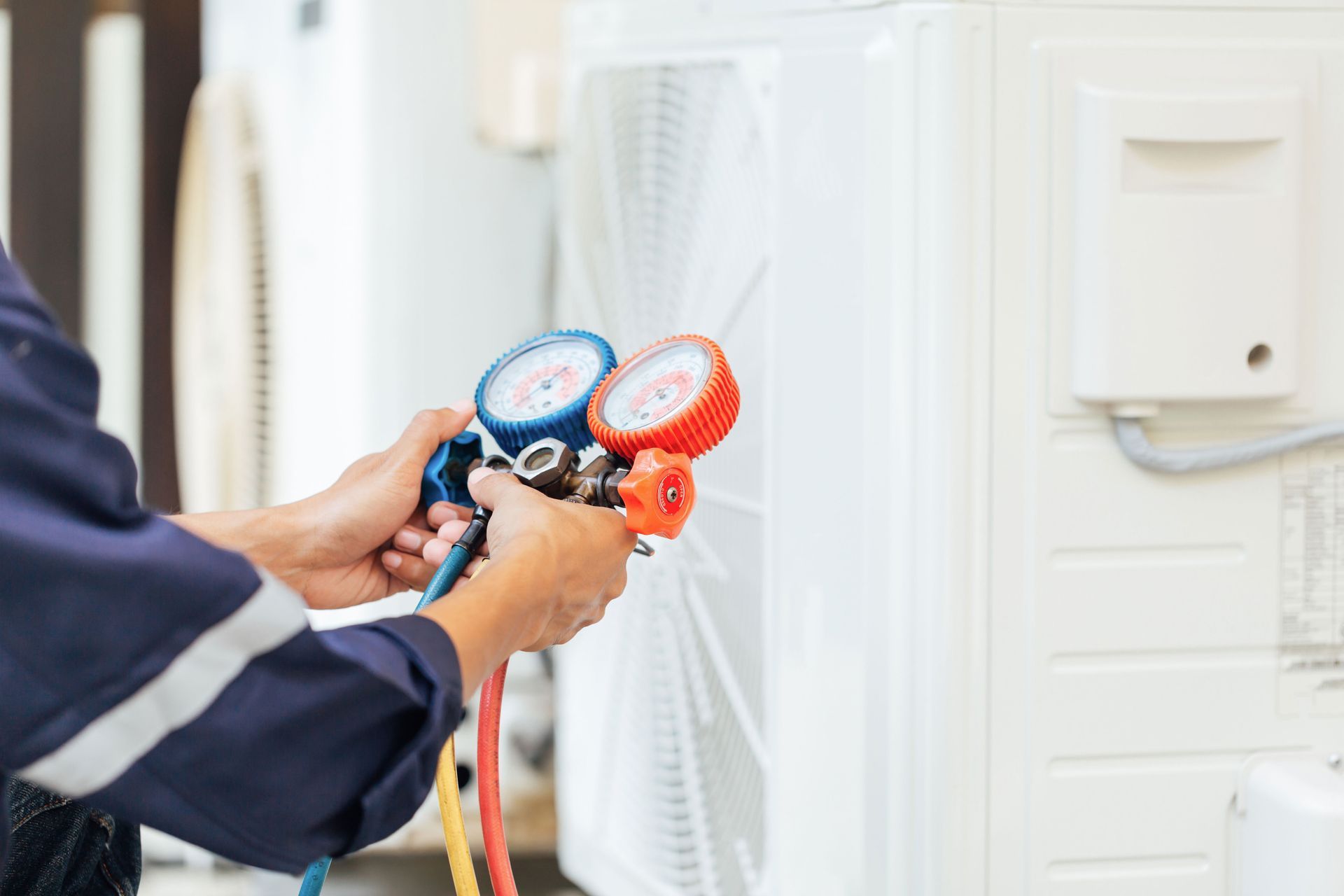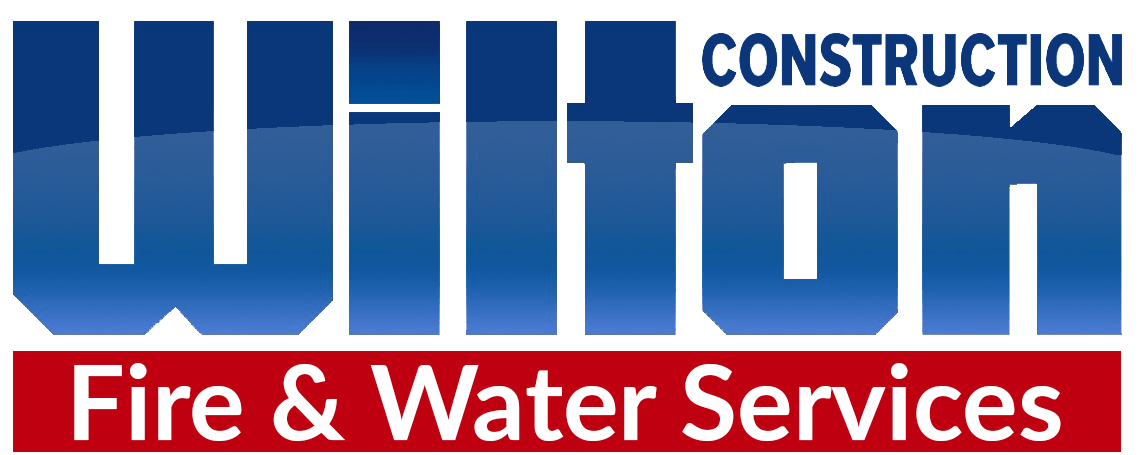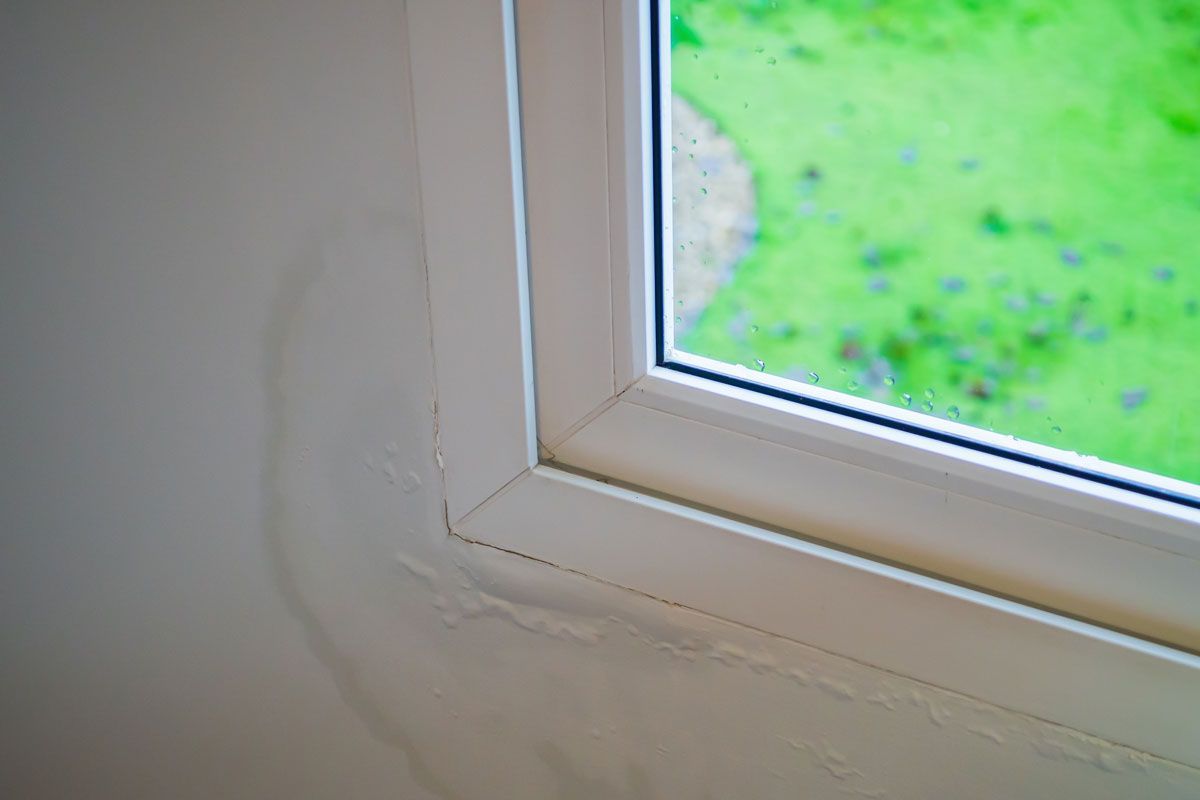The 2023 Hurricane Season is Here! Be Prepared!
In Virginia, hurricane season runs from June 1- November 30.
There are important steps you can take to best prepare your home and family in the event of severe storms and hurricanes.
1 – Check the exterior of your home:
- Check the siding and windows of your home for any signs of rotting or holes
- Have your roof inspected for any age deterioration or unknown damage
- Be sure your gutters and downspouts are clean
- Clear/secure any items (bikes, grills, lawn furniture) that could blow into your home or windows
- Trim or remove dead or decaying trees
- Take photos of your property and items in your home
2 – Gather emergency supplies:
During a hurricane, it’s possible you may lose your power and water supply. That’s why it’s best to stock up on everything you may need in advance. It will also help avoid the chaos and panic that accompanies a storm.
Here are some suggested items:
- Water (one gallon per person per day for several days, for drinking and sanitation)- you can also fill up sinks and bathtubs for washing and flushing
- Food (at least a several-day supply of non-perishable food)
- Battery-powered or hand crank radio
- Flashlight with extra batteries
- First aid kit including any prescription medications
- Plastic sheeting and duct tape
- Moist towelettes, garbage bags and plastic ties (for personal sanitation)
- Wrench or pliers in case utilities need to be turned off
- Manual can opener (for food)
- Cell phone with chargers and a backup battery
- Waterproof container for cash and important documents including medical documents, wills, passports, and personal identification
- Lighter or matches
- Cooler and ice packs for refrigerated foods
- Supply of pet food if applicable (Pre-identify a boarding facility in advance in the event of an evacuation or inability to take your pet(s) with you)
3 – If ordered to evacuate your home
- Fill your vehicle’s gas tank
- Grab your emergency supply kit and only take essentials with you (cell phone, chargers, medicines, forms of identification and cash)
- Unplug your appliances
- If you are able, turn off the gas, electricity, and water
Lastly, know the difference between a hurricane “watch” and a hurricane “warning.”
- A hurricane watch means hurricane conditions are possible in a stated area
- A hurricane warning means hurricane-force winds are expected in a stated area
At Wilton Construction Fire and Water Services, we are here in the event that there is damage to your home or commercial property. Our Emergency Response Team is prepared to provide services such as roof tarping, debris cleanup, tree removal, temporary retaining and structural walls, boarding up exposed and unsecured areas of your home, and coordinating mitigation services. Water damage can be significant and require expert mitigation. When there is flooding in your home, time is of the essence. Immediate recovery assistance is critical for the safety of your family, preventing additional damage and costly repairs.
Wilton’s dedication to your family, excellence in quality and immediate
emergency response have set the standard for our competitors for many years and enables us to serve as your premier
storm damage restoration and mitigation company of choice!
You might also like


Book a Service Today
We will get back to you as soon as possible
Please try again later
Need Help Now? Call Our 24/7 Emergency Service Team
Working hours
- Mon - Sun
- Open 24 Hours
Stay Connected
Thank you for joining our mailing list.
Please try again later.
Site Menu
All Rights Reserved | Wilton Construction Fire and Water Services


